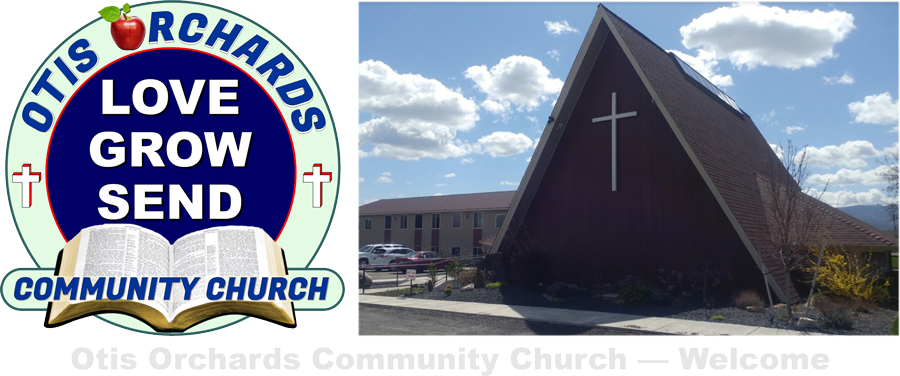
 |
|||||||
| RESOURCES — SHORT ARTICLES | |||||||
|
|
|||||||
 |
 |
 |
 |
 |
 |
| SHORT ARTICLES BY TOM ELSEROAD | |||||
| 2021-02-12 | Who Is The Redeemer in the Book of Ruth? | ||||
|
A redeemer is one who rescues someone by paying a price. A kinsman-redeemer (Hebrew: go'el), under the Mosaic Law, was a male relative who had the responsibility to act on behalf of a relative who was in need (Le.25:25). Lev 25:25 'If one of your brethren becomes poor, and has sold some of his possession, and if his redeeming relative comes to redeem it, then he may redeem what his brother sold. The kinsman-redeemer law is key to the events of the book of Ruth. Ruth was a Gentile Moabite, and the daughter-in-law of Naomi a Judean. Both Ruth and Naomi became widows. Naomi was forced to sell her late husband's property due to their extreme poverty. Ruth went out to glean in a nearby field to help provide something for them to eat. The story is full of circumstances where God is clearly orchestrating the events. Ruth “happened” to come to a parcel of land belonging to Boaz (2:3). Later that evening Ruth told Naomi the name of the man who owned the field she worked in that day. Naomi told Ruth that Boaz (field owner) was a “close relative” (2:20, Hebrew: go'el). Ruth approached Boaz asking him to act on her and Naomi's behalf as their kinsman-redeemer (3:9). Boaz was willing to purchase their property, marry Ruth, and provide for the two women. However, there was a nearer relative who was first in line to be the kinsman-redeemer (3:12). The next day, Boaz went through the legal process to become the kinsman-redeemer for Ruth and Naomi (4:1-10). Ruth and Boaz get married and they have a son named Obed (4:17). Obed was the grandfather of king David (4:17). The theme of redemption is central to the book of Ruth, as well as throughout the Bible. Who was the redeemer in the story? Depending on your perspective there appears to be several who acted as a redeemer. 1. Redeemer Boaz. He is the most straightforward and explicitly called a redeemer (2:20). Boaz gathered witnesses when he officially took the role (chapter 4). Boaz was much older than Ruth (3:10), so his ability to provide Ruth for the rest of her life is in question. It seems his redemption was real but temporary. 2. Redeemer Ruth. Near the beginning of the book Ruth is seen as the heroine (1:16-17). Naomi is a destitute widow, bitter and living in a foreign land (1:1-5,20). Naomi decided to return to Bethlehem, but Ruth chose to go to Bethlehem with her. Ruth said her famous words, “wherever you go, I will go; And wherever you lodge, I will lodge; Your people shall be my people, And your God, my God” (1:16) The fact that Ruth “clung” (1:14) to Naomi makes her a great redeemer. If it was not for Ruth's faithfulness, Naomi would never have been redeemed. 3. Redeemer Obed. The son of Boaz and Ruth would have been the one to care for Ruth and Naomi in their old age. The women of the city identified Obed as Naomi's redeemer (4:14, Hebrew: go'el). The mention of David at the narrative's end gives the story its significance. 4. Redeemer the Lord. We know that the Lord God is the ultimate Redeemer (Ps.106:10; 130:8; Is.35:10; 48:17; Ga.3:13). God sent the famine that sent Naom's family to Moab where Ruth lives (1:1). God made certain that Ruth “happened” to come to the field of Boaz (2:3). God's providence was working then as it does today. So Boaz, Ruth, Obed, and the Lord Jesus are all redeemers in their own right. All these “redeemers” demonstrate how much God is on our side, working out the circumstances of life. Pastor Tom Elseroad |
|||||
| An Independent and Evangelical Church |
 |
23304 E Wellesley
Ave. Otis Orchards, WA 99027 Church Office: 509.926.9552 tomelseroad@gmail.com |